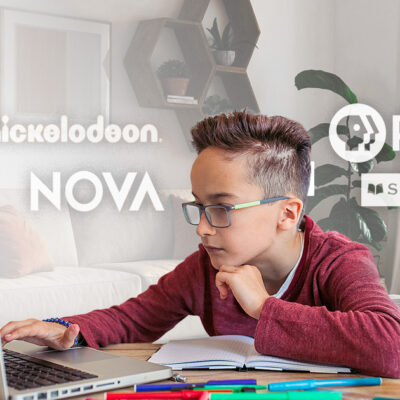We look a little different. Here’s Why
“A threshold concept can be considered as akin to a portal, opening up a new and previously inaccessible way of thinking about something. It represents a transformed way of understanding, or interpreting, or viewing something without which the learner cannot progress.”
The “Threshold Concepts” theory in education is so named because a threshold represents the border between the safety and security of within and the unfamiliar and unknown that lies beyond. All meaningful journeys begin with leaving a familiar space and crossing over to the riskier territory across the threshold, and entering that “not so sure” space can be a catalyst for transformation.
I personally crossed that threshold 17 years ago. Then when I, along with my then co-worker and current business partner, left the high flying world of one of Chicago’s established agencies to launch a startup we called Jigsaw. The conceit behind the name was that we would provide a strategic and bespoke solution for any marketing or branding challenge by finding and assembling the correct resources, or puzzle pieces. Leaving the security of big agency life to go out on our own was a leap of faith; both terrifying and wildly exhilarating.
And we were successful beyond our expectations. In our first year our team of three plus an intern prevailed in a shootout against one of the larger, better established mid-western agencies and walked away with a multi-million dollar piece of business. We were the proverbial dog that caught the car and what a ride it’s been. In the years since that heady day, we have continued to grow our business and our staff but along the way we lost some of that entrepreneurial “we can go anywhere and do anything” spirit. Some complacency is to be expected as one settles into patterns and habits, but it is antithetical to great creative work.
During 2020 Jigsaw, along with every other company in the world, had to adjust in real time to the restrictions of the global pandemic lockdown. During the hours of reflection brought on by these isolating times, I realized that the challenges we were navigating actually presented an opportunity for us to cross another threshold – that, in fact, it was critical to our survival to do so.
The truth is that Jigsaw, and the way we had become accustomed to working, had become the safe and familiar side of the threshold and it was time to step once again into the riskier space on the other side. What we needed, after 17 years, was to become a startup, albeit one with much more knowledge and experience this time around.
What does that mean? To begin with, a startup has to be open to self-reinvention while learning from and improving on what came before. In our case, that meant revisiting Jigsaw’s original concept of approaching every marketing challenge with fresh eyes and assembling the right team to solve any given puzzle.
We changed our physical space from a corporate office environment to a more flexible one that offers quiet, shared and temp work spaces, outdoor spaces and, most importantly, collaborative space. We have looked within, honestly assessing if we are still able to be nimble and flexible, scrappy and bold, and in doing so, examined our own brand—how we look, work and transact. And we’re deliberately creating a culture in which every individual is a self-starter and understands that they have to do whatever it takes.
At Jigsaw, we’re reembracing our entrepreneurial spirit and ready to be back on the uncomfortable side of the threshold.


